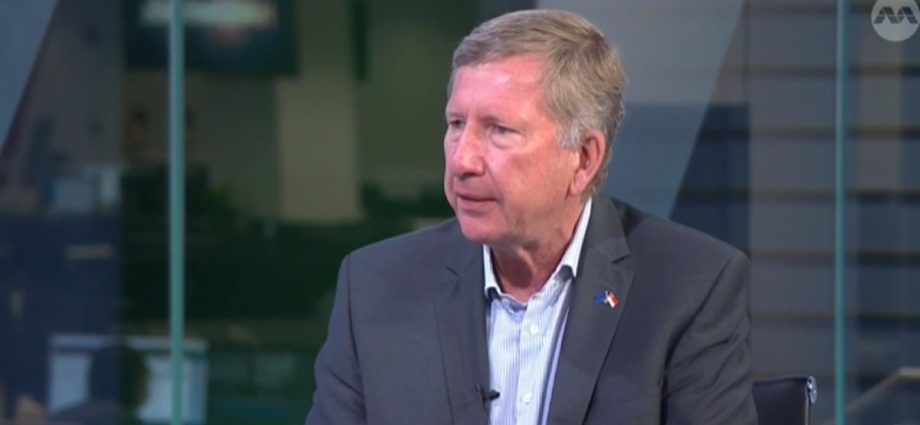
“So we need to continue the preparation. We need to continue to invest in health security because that would be important one day.”
To be better prepared for the next crisis, the European Commission, the EU’s politically independent executive arm, has a budget of more than €1 billion (US$1.1 billion a year, he said.
Part of the budget will be used to drive research for new vaccines, therapeutics, and whatever may be needed, he said.
However, Mr Delsaux said it is “extremely important” that his team’s work is not done in isolation.
“If we want to find the solution … We need to work collectively. We need to work with the rest of the world,” he said.
“Our vision is simply, we don’t want to protect Europe, we want to protect the world because by protecting the world, we protect Europe too.”
EUROPE’S COVID-19 PANDEMIC RESPONSE
Responding to criticism that the EU was fragmented and slow to respond to the pandemic, Mr Delsaux defended the bloc by citing facts and numbers.
While the countries may have been lacking in communication, vaccines were available in Europe at the same time as other parts of the world, with 27 countries cooperating to decide to purchase them, he said.
“There was never a selfish attitude from those member states. Everybody was also willing to share those vaccines with the rest of the world,” he said, adding that they were buying vaccines for the global community as well.

